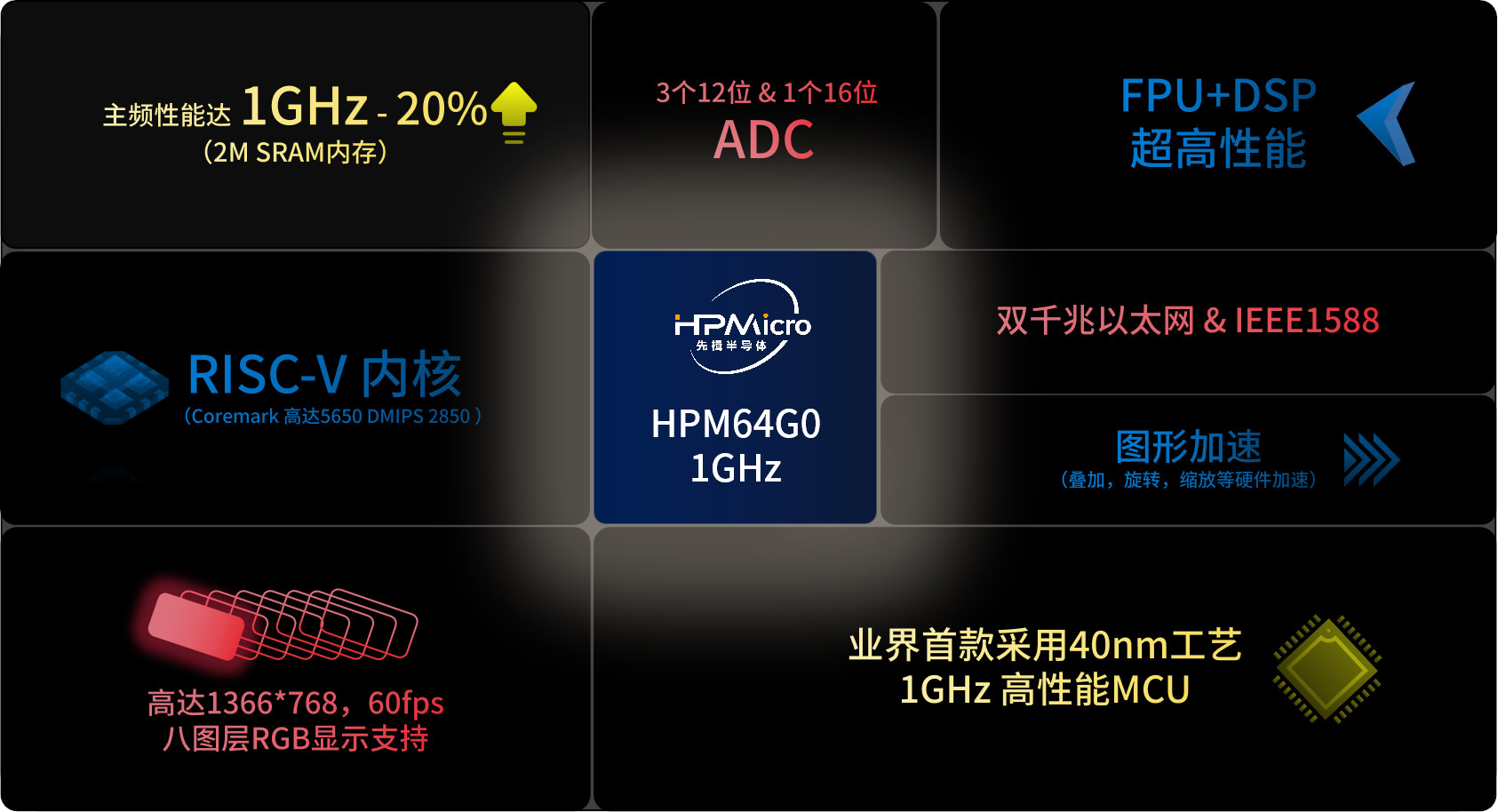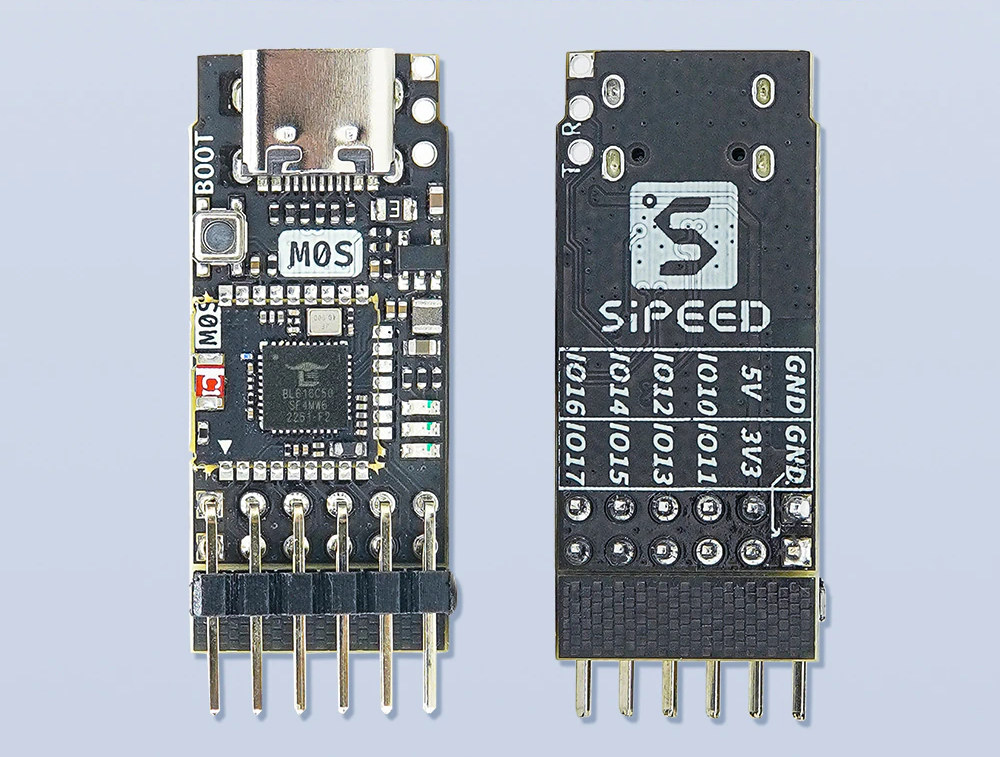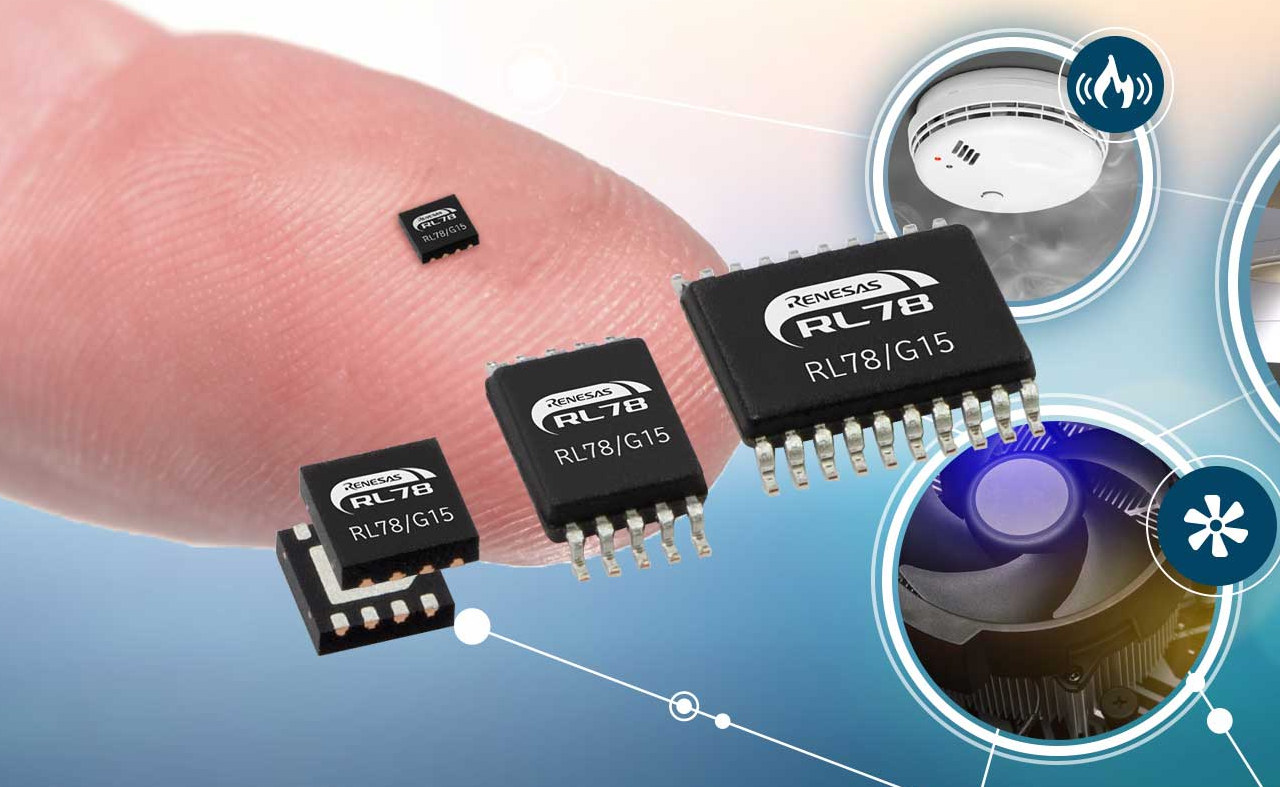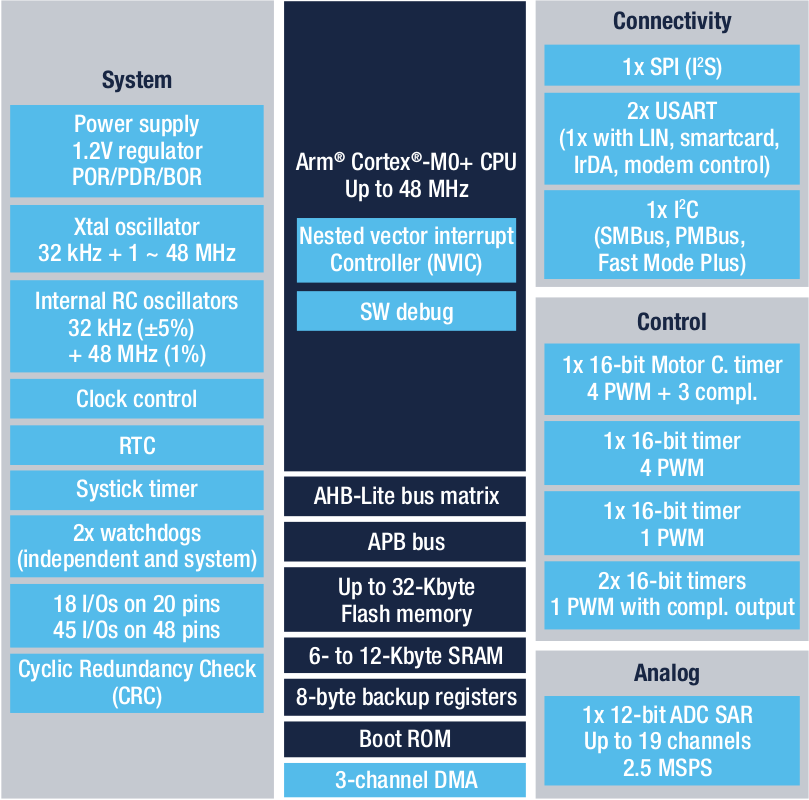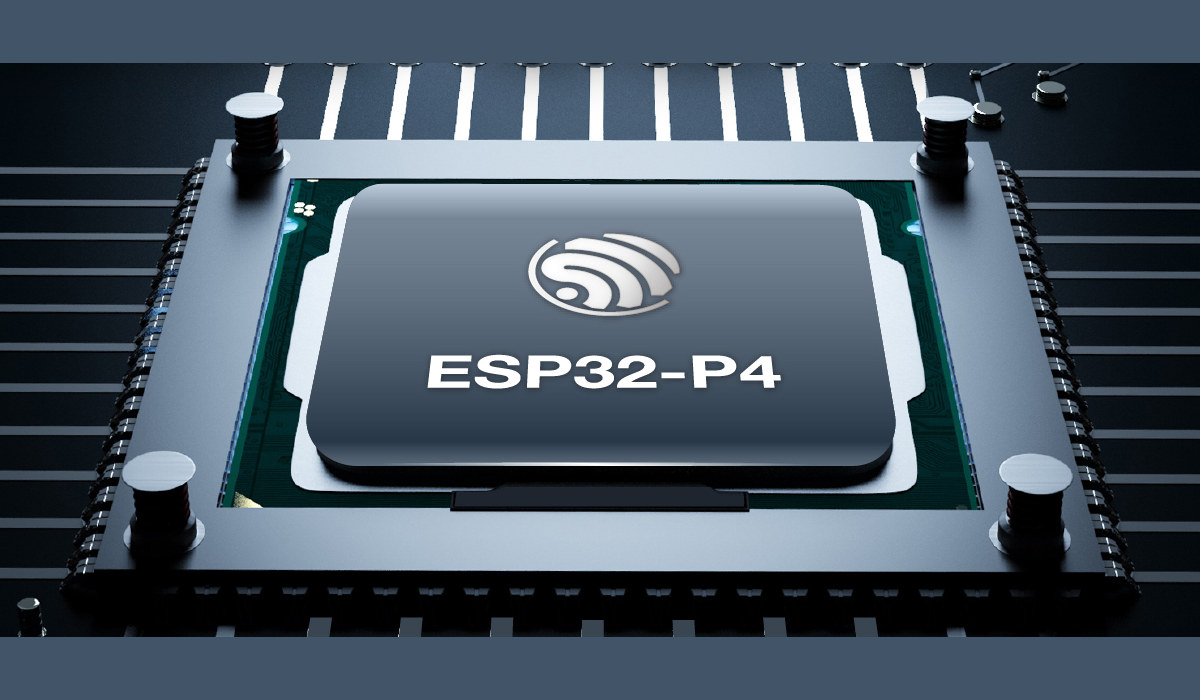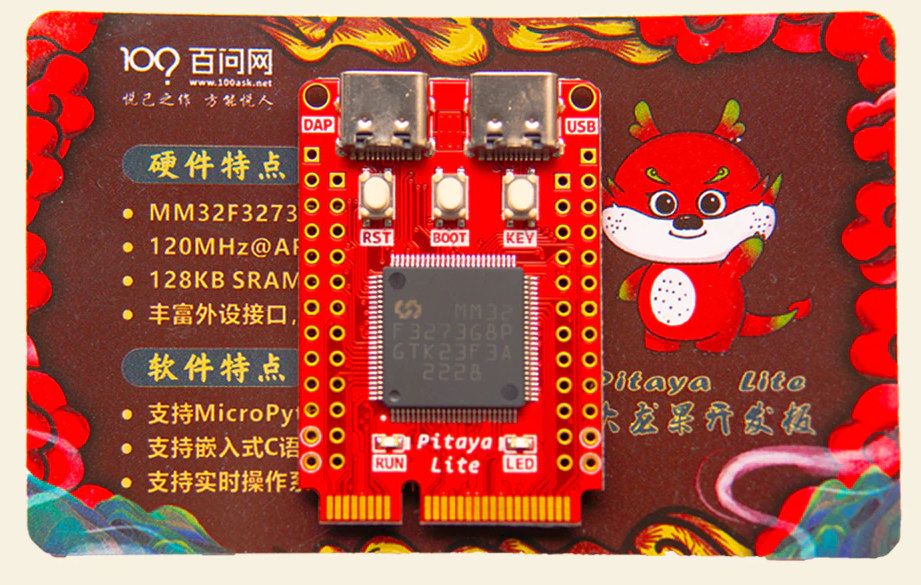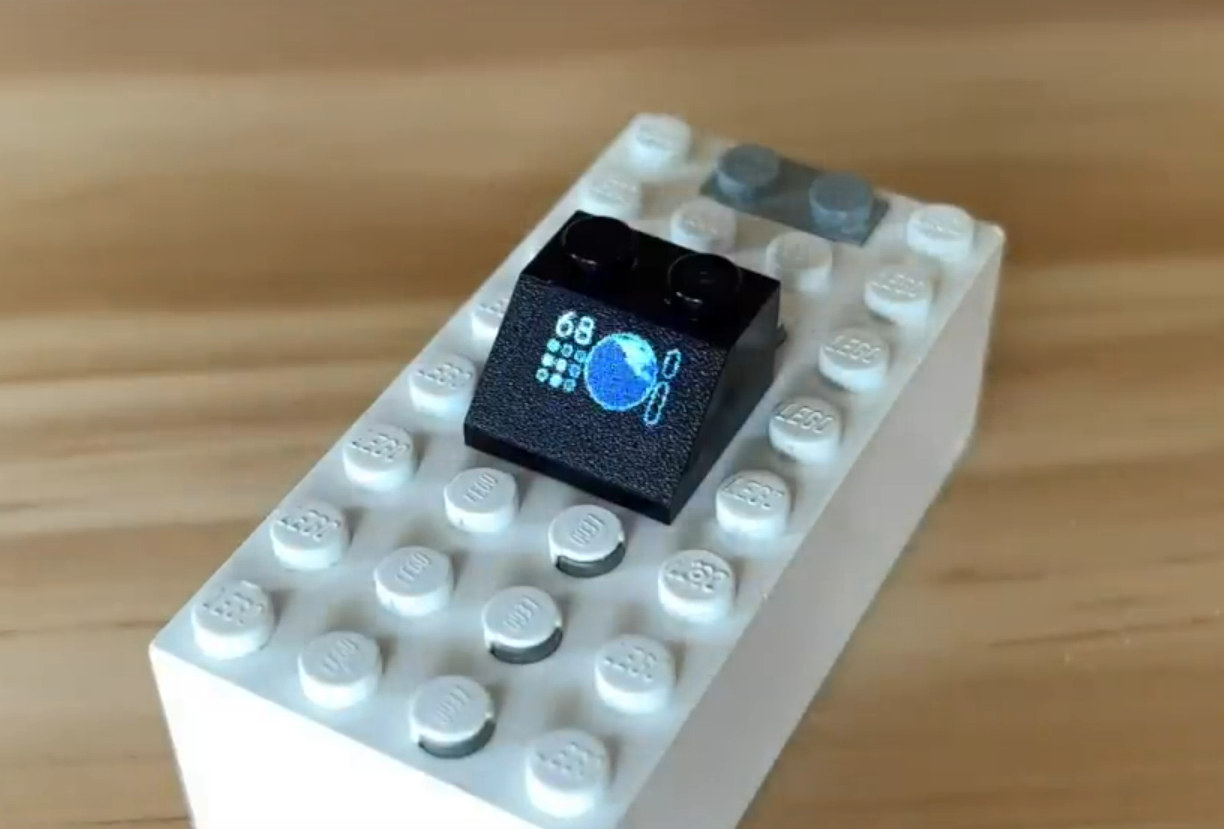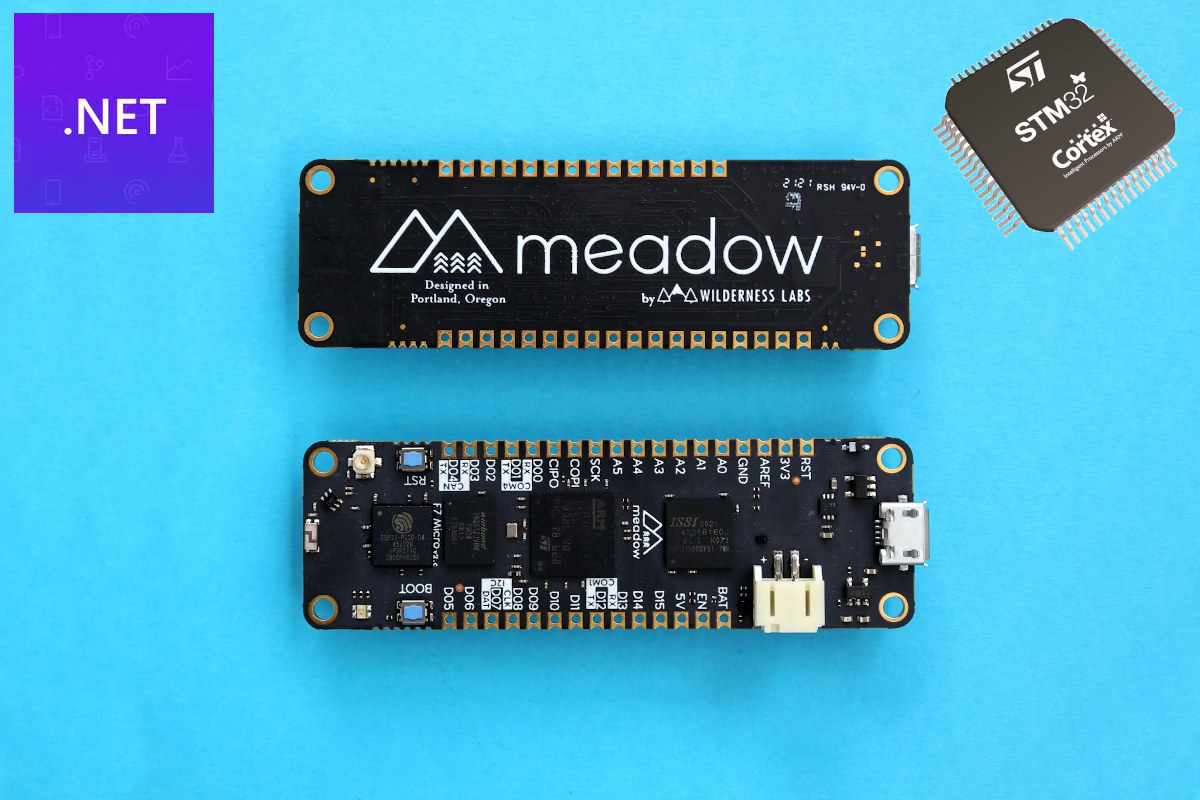Yesterday, I ended up on the HPMicro website showing the illustration above about a 1 GHz MCU called HPM64G0. It looked interesting enough so I clicked on the link to a page with some documentation for the company’s HPM6700/6400 microcontrollers. But in typical Chinese fashion, I was asked for a mobile phone number to download the documents. No luck this time since a Chinese mobile phone number is required. If anybody can set up a mirror on Mega or other websites easily accessible outside of China that would be appreciated. But eventually, I found an article in Chinese on EETrend where we can learn more about the HPM64G0 which happens to be a 1GHz microcontroller based on the RISC-V architecture. We already had one of those for Arm with the NXP i.MX RT1170, but I had yet to see any RISC-V microcontrollers clocked at such a high frequency. HPMicro HPM64G0 […]
$4 Sipeed M0S Dock IoT development board features BL616 WiFi 6, BLE 5.2, and Zigbee RISC-V microcontroller
As expected, Sipeed has now launched the Sipeed M0S IoT module based on Bouffalo Lab BL616 RISC-V microcontroller with 2.4 GHz WiFi 6, BLE 5.2, and Zigbee connectivity along with the “Sipeed M0S Dock” development board. The M0S is a tiny module (11×10 mm) with a 320 MHz wireless MCU, a ceramic antenna, and castellated holes for I/Os, and the Sipeed M0S Dock places the module on an easy-to-use board with a USB Type-C port, a BOOT button, and a 12-pin 2.54mm pitch header. Sipeed M0S module specifications: MCU – Bouffalo Lab BL616 32-bit RISC-V (RV32IMAFCP) microcontroller @ up to 320 MHz (384 MHz overclocked) with 480KB SRAM, 4MB flash, 2.4 GHz WiFi 6, Bluetooth 5.2 dual mode, and 802.15.4 radio (Zigbee) Antenna – Ceramic antenna (red component on module) I/Os – 25 castellated holes with RGB LCD DVP camera USB 2.0 OTG up to 480 Mbps I2C, UART, SPI […]
Renesas RL78/G15 8-bit MCU is offered in a 3x3mm package
Renesas Electronics RL78/G15 is an entry-level 8-bit microcontroller with 1 KB of SRAM, 4 or 8KB of code flash memory, and offered in package sizes ranging from 8 to 20 pins, down to an 8-pin device measuring just 3×3 mm. STMicro has just unveiled the STM32C0 32-bit microcontroller claiming “your next 8-bit MCU is a 32-bit” with packages from 8- to 48-pins and packages as small as 1.70 x 1.42 mm and 3x3mm, and a price similar to other 8-bit industrial microcontrollers. To that, I say “not so fast STMicro!”, as Renesas has just launched the 16 MHz RL78/G15 8-bit microcontroller family with many of the same features and target use cases as the STMC32C011 sub-family. Renesas RL78/G15 key features and specifications: CPU core – Renesas RL78 8-bit core @ up to 16 MHz Memory – 1NS SRAM, Storage – 4 to 8KB program flash, 1KB data flash Peripheral I/F […]
Low-cost STM32C0 32-bit microcontroller aims to displace 8-bit MCUs
8-bit MCUs are still found in many designs, but with the new low-cost 48MHz STM32C0 32-bit Arm Cortex-M0+ microcontroller, STMicroelectronics aims to displace 8-bit microcontrollers thanks to “a limited impact on the cost structure” and the improved support provided by the STM32 ecosystem. The cheapest ever STM32 microcontroller offers up to 32 KB flash, 6 or 12 KB RAM, and I/O interfaces such as UART, I2C, SPI, 12-bit ADC, and so on. The STM32C0 MCUs are available in 8- to 48-pin packages such as WLCSP12, UFQFPN, and the ridiculously tiny 1.70 x 1.42 mm WLCSP12 package. STMicro STM32C0 key features and specifications: MCU Core -Arm 32-bit Cortex-M0+ CPU @ up to 48 MHz Memory – 6KB (STM32C011x4/x6) or 12KB (STM32C031x4/x6) SRAM with HW parity check Storage – 32KB flash with protection Peripheral interfaces Up to 45x fast I/Os some of which are 5V tolerant; Note: up to 18x fast I/Os […]
Espressif ESP32-P4 – A 400 MHz general-purpose dual-core RISC-V microcontroller
Espressif ESP32-P4 is a general-purpose dual-core RISC-V microcontroller clocked at up to 400 MHz with AI instructions extension, numerous I/Os, and security features. It also happens to be the first microcontroller from Espressif Systems without wireless connectivity, and as such, it should probably be seen as an alternative to STM32F7/H7 or NXP i.RT Arm Cortex-M7 microcontrollers/crossover processors, and likely offered at a significantly lower cost. It should also offer lower power consumption than other ESP32 chips thanks in part to a third RISC-V core clocked at 40 MHz that can keep the system running while the other two high-performance cores are down. ESP32-P4 key features and specifications: MCU subsystems Dual-core RISC-V HP (High-performance) CPU @ up to 400 MHz with AI instructions extension and single-precision FPU, 768KB of on-chip SRAM Single-RISC-V LP (Low-power) MCU core @ up to 40 MHz with 8KB of zero-wait TCM RAM Memory & Storage I/F […]
$4 DshanMCU Pitaya Lite board comes with MM32 Arm Cortex-M3 microcontroller
DshanMCU Pitaya Lite is an MCU development board based on yet another STM32 alternative: MindMotion MM32 Arm Cortex-M3 microcontroller that is said to be compatible with STM32. The MCU can be clocked at up to 120 MHz, embeds 128KB SRAM, 512KB flash, and the board offers two USB Type-C ports for USB and DAP debugging, a MicroSD card slot, a few buttons, I/Os are routed via through holes as well as a mini PCIe connector that can be used to connect a display. Pitaya Lite specifications: MCU – MindMotion Microelectronics MM32F3273G8P Arm Cortex-M3 microcontroller @ 96MHz (standard) to 120MHz (max) with 128KB SRAM, 512kB Flash; LQFP100 package Storage – MicroSD card Display – Via mini PCIe port with FSMC (Flexible Static Memory Controller), supports Intel 8080 LCDs USB – 2x USB Type-C ports, including one for DAPLink and serial access Expansion – 2x 25-pin GPIO headers and Mini PCIe connector […]
LEGO brick with Raspberry Pi RP2040 runs Doom
James Brown (aka Ancient) has built a tiny computer inside a LEGO brick with a Raspberry Pi RP2040 microcontroller and a 0.42-inch OLED display. And yes, it runs Doom. So finally, the LEGO minifigures have access to a computer suitable for their size :). James did not post a lot of information to reproduce the build by yourself, but he still released the “uGrey” code, written in Micropython, to display greyscale on a monochrome OLED. We can learn from the design in a mesmerizing video (embedded at the end of this post) showing how he made a Raspberry Pi RP2040 computer fit into a LEGO brick. The tiny design is comprised of five main boards/modules: Raspberry Pi RP2040 module The micro USB module Two side modules with other components A 0.42-inch OLED display with 72×40 resolution (SSD1306) Since soldering the four modules together by hand only would be really challenging, […]
Meadow F7v2 Feather STM32F7 MCU board supports .NET, C# programing
Wilderness Labs Meadow F7v2 Feather is an STM32F7 Arm Cortex-M7 development board following the Adafruit Feather form factor and programmable with C# through a lightweight implementation of the .NET framework. We had previously seen the .NET Framework running on Android and Linux thanks to Xamarin’s Mono, but I don’t think I had ever a microcontroller-class board supporting the .NET framework and C# programming. But that’s exactly what the Meadow F7v2 Feather does. Meadow F7v2 Feather specifications: MCU – STMicro STM32F7 Arm Cortex-M7 microcontroller @ 216 MHz with 2D graphics and JPEG accelerators Memory – 32MB RAM Storage – 64MB flash Connectivity – 2.4 GHz WiFi and BLE (ESP32) with onboard and external u.FL antennas USB – 1x Micro USB port for power and programming Expansion with through and castellated holes with up to 25x GPIO, 12x PWM, 6x analog inputs, 2x DAC, I2C, I2S input/output, SPI, UART, CAN Bus Misc […]


